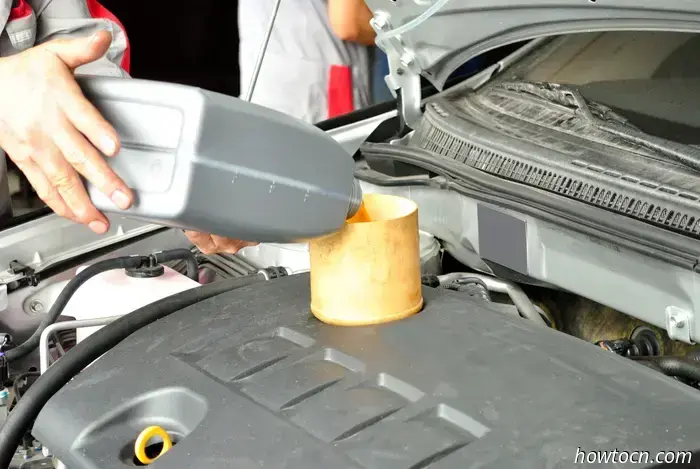
If you're living in China, it's likely that you've picked up a few incredibly useful phrases that don't fully translate into your native language. As English speakers, here are some of our favorites:
麻烦 - Máfan
You might hear many Chinese expats say, “Ugh, it’s just so much mafan.” While mafan translates to 'troublesome,' this word feels rather outdated in modern English, leaving no great contemporary equivalent. It can refer to an annoying or impractical situation, object, or person. The phrase 太麻烦了 - tài máfanle, which means 'too much mafan,' could be interpreted as ‘Can’t be bothered.’
差不多 - Chàbùduō
This term literally means 'not much different,' signifying 'roughly/almost/about the same.' On a scale ranging from completely different to exactly alike, chabuduo would be positioned just before ‘exactly the same.’
啊呀 Āiyā
Aiya isn't truly a word; rather, it's a verbal expression resembling a 'tsk' or a 'tut' that conveys general frustration. I find myself using it in whatever language I’m speaking, and even if my conversation partners don’t know Mandarin, they understand my sentiment. Alternatively, it can express excitement and surprise, or be a cry of admiration for something really cute.
随便 - Suíbiàn
This phrase carries multiple meanings but generally translates to ‘do as you wish,’ ‘as one desires,’ or simply, 'it's all good for me.' Essentially, it conveys a sense of 'whatever.' The character 随 suì can be combined with other terms, such as time and place. For instance, 随时 (suíshí) means anytime, and 随地 (suídì) means anywhere.
慢走 - Màn zǒu
This useful expression directly translates to ‘walk slowly’ (慢 màn = slow, 走 zǒu = walk), but it has many other connotations. It's most commonly heard when departing from shops or someone's home as a guest. It’s a pleasant way to say goodbye, conveying sentiments like ‘take it easy’ or ‘have a safe trip.’
Bonus phrase: 加油 - Jiā yóu
Speaking of Chinese terms worth having in English… this one actually has made its way into the language. In 2023, the Oxford English Dictionary officially added jia you. Its literal translation is ‘add oil,’ but its true meaning is more about encouragement, similar to saying ‘You can do it!’ or ‘Don’t give up!’
If English is not your first language, do any equivalents to these phrases exist in your native tongue? What other Chinese expressions do you wish you could frequently use? Share with us in the comments below.
READ: Mandarin Monday: Enhance Your Burger Vocabulary
Images: Canva, Giphy

Here are five Chinese expressions that we really wish were part of the English language!